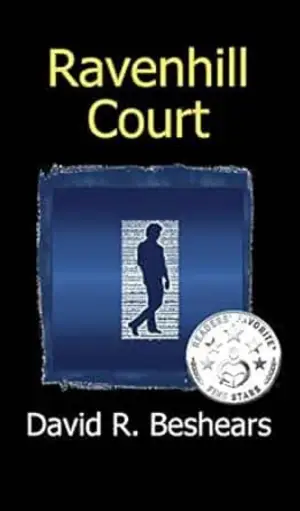Reflecting on Bold Moves: A Complex Journey Through Gender Dynamics
When I first picked up Bold Moves by Emma Barry, I was drawn in by its intriguing premise—a second-chance romance entwined with chess, ambition, and gender dynamics. It promised to explore familiar themes in a fresh way, yet little did I know how deeply it would challenge my own perceptions and biases. This book stirred a pot of uncomfortable truths, pushing me to confront my own prejudices as I followed the fraught relationship between Scarlett and Jaime.
At the heart of Bold Moves lies the ambitious and often abrasive Scarlett. Early on, I found myself grappling with my emotional response to her character. Emma Barry crafts Scarlett as a figure who embodies drive and ruthlessness. But in doing so, she also raises a mirror to our societal biases. Initially, I felt a wave of disdain towards Scarlett—thoughtless, selfish, and manipulative. Jaime, in contrast, radiated kindness and support, making him instantly likable. This contrast made me reflect deeply: had the genders been reversed, would I have viewed Scarlett’s attributes as strength rather than flaws? This parallel was both unsettling and a testament to Barry’s ambitious storytelling.
The dual point-of-view structure added layers to the narrative, allowing us glimpses into both characters’ inner worlds. However, I found myself frustrated by the imbalance; while we heard Scarlett’s thoughts filled with lust and affection, her actions often lacked the empathy Jaime deserved. There’s an uncomfortable scene where Scarlett hears Jaime declare his love only to respond with an emotionally charged dismissal. Her character’s complexity can’t fully redeem her actions toward him, which left me feeling disconnected from her ambitions to promote women in chess. I yearned to see her fighting against the system, to root for her cause emotionally rather than merely academically.
One of the standout moments in the text involves Jaime’s reaction to an important secret Scarlett reveals. I wanted to empathize with her decision, yet it felt selfish and abrupt. I appreciated the thematic exploration of betrayal in relationships, but the execution left me feeling that Scarlett stumbled into cruelty. Jaime, a character presented with admirable qualities, was sidelined in the frenzy of Scarlett’s ambition, leading to an unsatisfying dynamic that echoed past tropes I thought we had moved beyond.
Despite these critiques, Barry’s prose is sharp and engaging. Her writing evokes vivid moments, and she is masterful at crafting emotional dialogue that feels both raw and real. Yet, when I glanced back at her previous work, Earth Bound, I couldn’t help but miss the mutual respect and emotional depth that had thrived there. The vibrant struggles of the characters became less resonant amid Scarlett’s single-minded ambition and the narrative’s uneven pacing.
Ultimately, Bold Moves is a courageous exploration of gender dynamics in romance—a goal I’ve come to admire in Barry’s work. While this book didn’t resonate with me like Earth Bound did, it reflects a bold attempt at gender reversal that likely resonates with readers looking for complexity and challenge in their romances. I wholeheartedly recommend this book to those who enjoy stories that confront uncomfortable truths and push societal boundaries. Though it may not have fully succeeded for me, the conversation it sparked within me will linger long after the final page. If you’re ready to grapple with themes of ambition and empathy in relationships, Bold Moves is a compelling, if challenging, companion for the journey.






